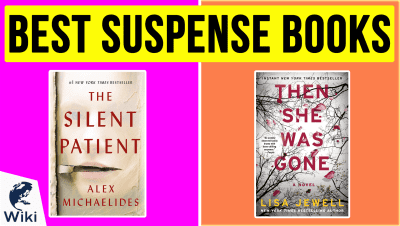6 Critical Resources For Social Justice Organizations
Social justice organizations are on the front lines in the fight for human rights, tackling a variety of issues in order to create progress and protect vulnerable and marginalized groups in society. In no particular order, here are several resources that can help the important work these organizations are doing.
First up at #1 is the Minneapolis Foundation. Founded in 1915, it is one of the oldest and largest community foundations in the nation, distributing more than 93 million dollars in grants each year. The Foundation's location-based model of philanthropy allows residents to pool their donations in order to better their community in measurable and sustainable ways.
The organization works by partnering with nonprofits, facilitating grantmaking, driving research and advocacy, and providing services to donors seeking to make a difference in their communities. It also has a podcast, Conversations with Chanda, that unpacks complex topics through social conversations.
Next up at #2 is the GenForward Survey. Housed at the University of Chicago, this project is dedicated to understanding the challenges faced by young people of color in the United States. It was created after previous research revealed important differences in political attitudes and experiences among the demographic commonly referred to as Millennials.
GenForward recognized that the lack of polls gathering the opinions of young adults, especially those of color, was a sign that they were not being taken seriously as members of the political community. In order to correct this, over 3,000 people between 18 and 36 are surveyed on a bimonthly basis on a range of current issues.
At #3 is the Center for an Urban Future, located in New York City. The independent and nonpartisan organization uses fact-based research to get important issues on to the radar of policymakers, advancing practical solutions to strengthen the city and increase prosperity.
CUF's efforts are focused on creating a more thriving and inclusive New York, and work to increase economic opportunity for the city's residents. The organization's three common aims are to boost the number of middle-income jobs, help people develop new career skills, and improve life in the city for all of its diverse neighborhoods.
Next at #4 is Political Research Associates, a social justice think tank devoted to building a more inclusive and fair society. Founded in 1981, the organization works to expose right-wing violence and the ideologies that undermine human liberties. PRA's decades of investigative research and analysis helps journalists, advocates, educators, scholars, and the public better understand and challenge the right-wing.
Among the organization's publications is "The Public Eye" magazine, which provides readers with the latest research on right-wing movements. The magazine's hybrid form of academic scholarship and investigative reporting helps political organizers ground their work in the best available information.
At #5 is Local Progress. A project of the Center for Popular Democracy, it works with elected officials in local governments to advance racial and economic justice. This approach melds the power of community advocates with elected officials, in order to build political momentum and win progressive victories.
The project is based on the belief that local governments are advancing the most innovative policy solutions to America's largest problems. The organization accelerates policy change within the local governments of 46 states, while creating opportunities for collaboration between different cities.
Last up at #6 is the Data Collaborative for Justice at John Jay College. DCJ works with local criminal justice leaders to conduct research on the operations of the legal system, including everything from the examination of court cases to the use of confinement in jails and prisons. Its model provides an opportunity for local decision-makers to understand their data, and to identify ways to make operational changes and reforms.
DCJ's research ensures that both the public and the press have access to critical information about how various communities and groups are impacted by the criminal legal system, including on rates of stops, arrests, and summonses. Through its data and research, the group strives to aid communities in the development, implementation, and evaluation of evidence-based policies, practices, and programs.




